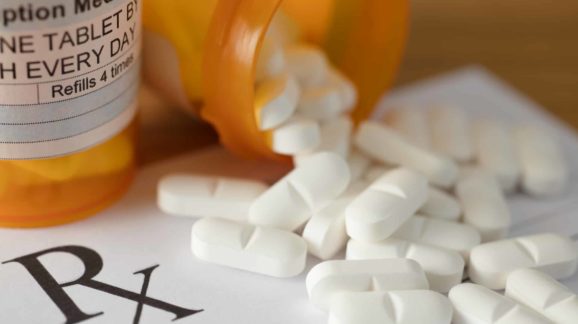Democrats’ Drug Price Control Bill Is a Prescription for Disaster

Photo Credit: Getty
Last Thursday, House Democrats reintroduced a bill from the last Congress, which they claim will protect Medicare from excessive prescription drug prices. Sadly, it does so by importing price controls imposed by countries with socialized medicine.
Drug prices are a significant concern for many Americans, which makes them a popular target for lawmakers. But, while price controls may lower drug spending in the short run, they inevitably lead to sharply lower investment in medical research and reduce the number of innovative new medicines that reach the market in the long run.
The bill, called the Lower Drug Costs Now Act, was first introduced in 2019 as H.R. 3. It passed in the House last December on a sharply partisan vote of 230-192 but died in the Senate. It now has been reintroduced by Energy and Commerce Committee Chairman Frank Pallone (D-NJ), Ways and Means Committee Chairman Richard Neal (D-Mass.), and Education and Labor Committee Chairman Bobby Scott (D-Va.), who claim the bill would lower the cost of prescription drugs by letting the Secretary of Health and Human Services “negotiate” better prices and by taxing drug manufacturers if they increase prices faster than inflation.
Letting the federal government negotiate lower prescription drug prices sounds reasonable, but the proposal allows for negotiation in name only. The process starts by calculating the average price paid for certain drugs in six foreign countries—Australia, Canada, the United Kingdom, France, Germany, and Japan—each of which employ harsh price controls that reduce access and require the rationing of care. That average price is then used to set Medicare’s target price for the drug.
Here’s where the plan goes off the rails. If a manufacturer refuses the government’s “negotiated price” for a particular drug, it could be penalized with an excise tax up to 95 percent of the prior year’s sales and be forced to stop selling that medicine to anyone in the United States. Like the mafia, the bill gives Medicare the power to make prescription drug manufacturers an offer they can’t refuse. That’s a prescription for disaster.
Time and again, in country after country, wherever price controls have been imposed, the artificially low payments inevitably result in less of the product being produced. When that product is a prescription drug, the end result is lower investment in medical research and development, fewer innovative new treatments, and real human suffering.
Many politicians seem to think health care is special, but medicine and medical research are not immune to the laws of economics. The high prices charged for some innovative new drugs are a direct result of the huge cost of medical innovation, testing, and navigating the complex Food and Drug Administration (FDA) approval process.
Americans who recently saw the lightning-fast development and testing of four COVID vaccines may have gotten a false impression that drug development is quick and easy. But it normally takes an average of over $2.5 billion and a dozen years or more to take a new drug candidate from the laboratory through clinical testing and FDA approval. Even then, 11 out of every 12 new drugs fail to secure approval, even though pharmaceutical companies have already spent tens billions of dollars testing them.
Capping prices and reducing the prospects for profitability even further would inevitably lead to less medical research and development and, as a result, fewer new drugs reaching patients in the future. So, this new version of H.R. 3 should suffer the same fate as the previous one in the last Congress. It is a bad policy that would impose serious harm on the American economy and for American patients. And it deserves to die.